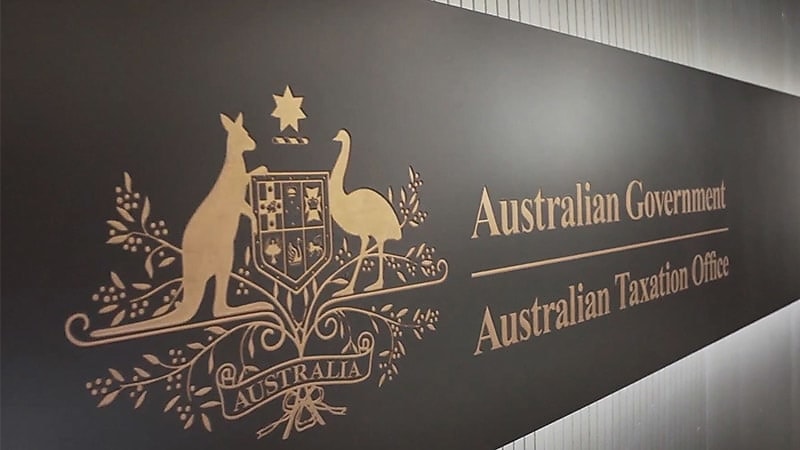ATO issues private ruling on member benefit issue
The ATO has issued another private ruling examining the issue of whether a benefit requested shortly before death is a member benefit or death benefit.
Last week the ATO published a private ruling it issued regarding the payment of a benefit from an SMSF which was requested shortly before death.
The deceased member gave written instructions to their financial adviser to liquidate all SMSF investments and requested a payout of all his super benefits to his personal bank account as lump sums.
Prior the member’s passing, the fund’s assets included a cash account, an investment portfolio consisting of a cash account and a pool of managed investments, a mix of account based pensions and an accumulation account.
The deceased’s terminal condition was apparent to all relevant parties. Their prognosis was months at most.
The financial adviser immediately placed sell orders on all investments.
As per the Deceased’s instructions pre-death, the adviser transferred the lump sum payments from the cash account to the Deceased’s personal account in four lots. The adviser made the transfers as soon as they were able to.
The SMSF sought an ATO private ruling to confirm that the amounts could be classified as super member benefits to the Deceased as it was requested pre-death.
Due to time delays associated with the redemption of investments this was not able to be paid immediately. However, it was paid directly to the member’s account as soon as practicable, the ATO explained in the private ruling.
The Deceased had signed a binding death benefit nomination for 100 per cent of his member benefits in the fund to be distributed to the estate.
Sell orders were placed but due to a lack of liquidity, the exact date of redemption could not be confirmed at the time the application for the ruling was made.
The ATO determined in this particular situation, the payment made by the fund to the Deceased’s bank account was not a superannuation death benefit for the purposes of subdivision 302-A of the Income Tax Assessment Act 1997 (ITAA 1997).
In the outline for the reasons for its decision, the ATO stated that in accordance with Item 1 of the table in subsection 307-5(1) of the ITAA 1997, “a superannuation member benefit is a payment to you from a superannuation fund because you are a fund member”.
“A superannuation death benefit is described in Column 3 of Item 1 of the table in subsection 307-5(1) as “a payment to you from a superannuation fund, after another person’s death, because the other person was a fund member”.
“Section 307-15 of the ITAA 1997 applies for the purposes of determining whether a payment is made to you, or received by you, and states:
A payment is treated as being made to you, or received by you, if it is made:
a) For your benefit; or
b) To another person or to an entity at your direction or request.”
The ATO explained that in this case, the payment was made by the fund to the Deceased’s nominated savings account as requested by the Deceased immediately prior to death.
“As such, the payment is a superannuation member benefit paid by the fund to the Deceased,” it stated.
“Upon receipt by the Deceased, this payment loses its character of superannuation member benefit and simply becomes money which is part of the Deceased’s estate to be distributed to the Deceased’s beneficiaries in accordance with their wishes.”
Therefore, the ATO said the payment made by the fund to Deceased’s personal bank account was not a superannuation death benefit for the purposes of subdivision 302-A of the ITAA 1997.
Speaking at the SMSF Association conference earlier this year, SMSF Association deputy chief executive Peter Burgess said the question of whether benefits are member benefits or death benefits where the request has been made shortly before death has been a long-running issue for the SMSF sector.
Over the past decade Mr Burgess said the ATO had issued plenty of private binding rulings but it had changed its tune more than once.
Mr Burgess said the ATO recently came to a settled position on the issue that it should be treated as a member benefit which could cause potential issues for an SMSF from a litigation standpoint.
“If I am nominated beneficiary of a binding death benefit nomination and the trustees in the self-managed super fund pay it out as a member benefit, knowing full well that the member has died, I’m not going to be very happy,” Mr Burgess said.
“So this has got litigation, I think, written all over. We won’t know until we have a court case whether the ATO’s position will hold as to whether the beneficiary nominated under the binding death benefit nomination has a case.








